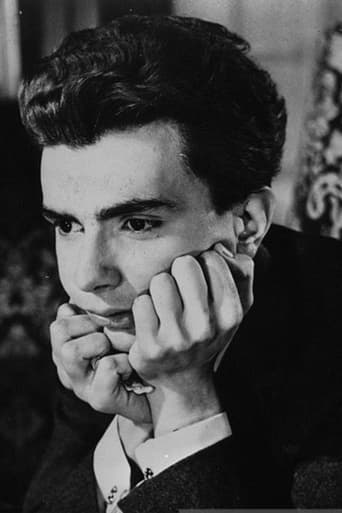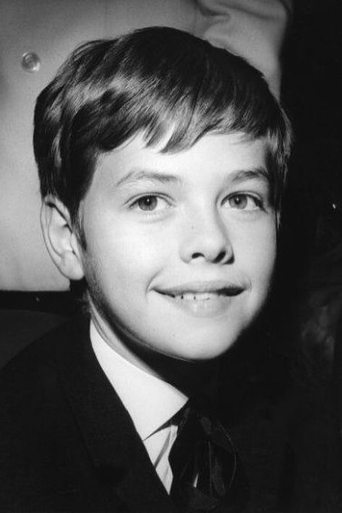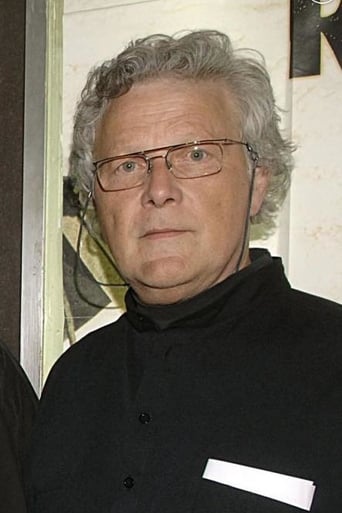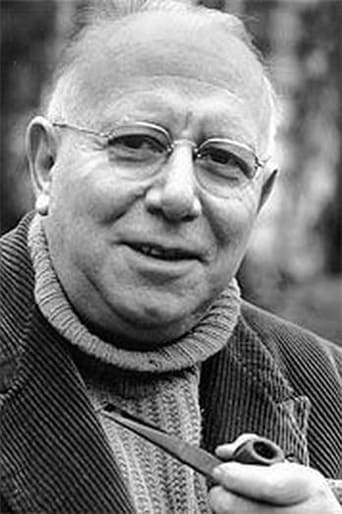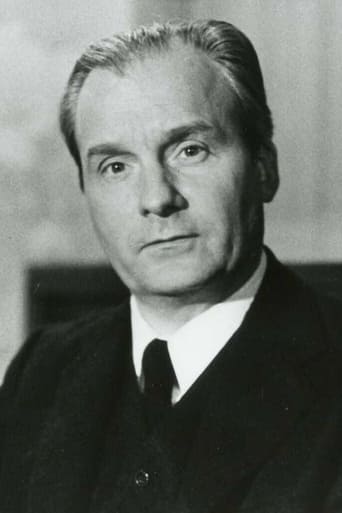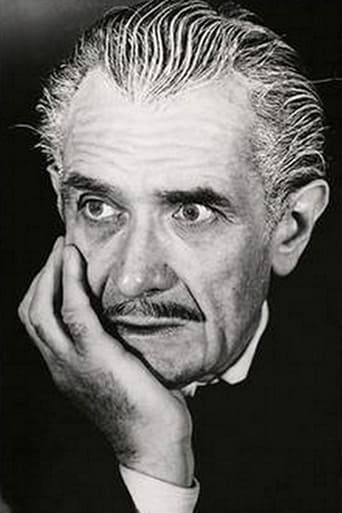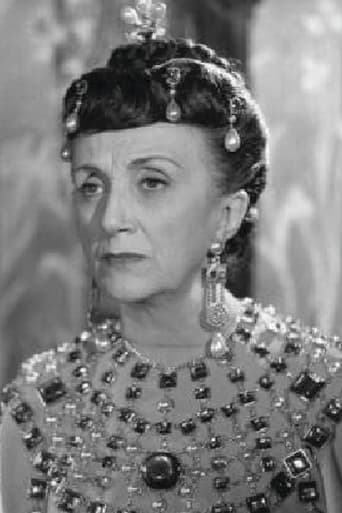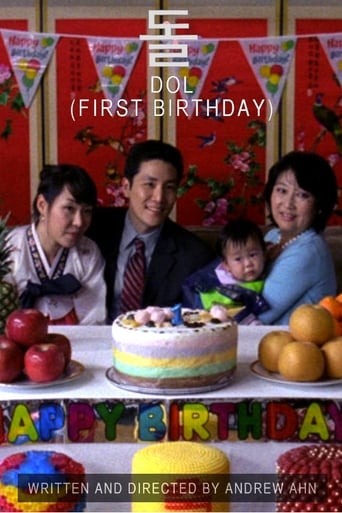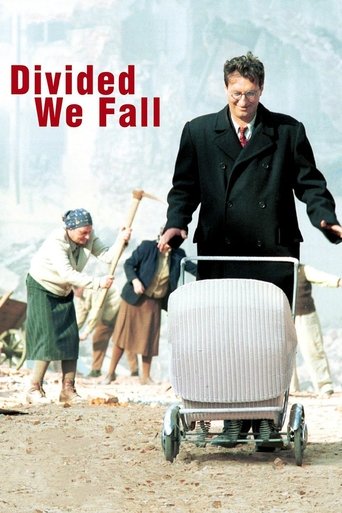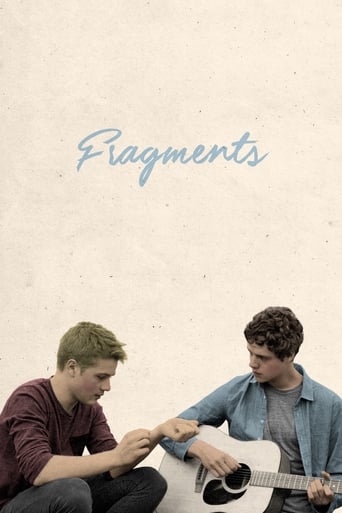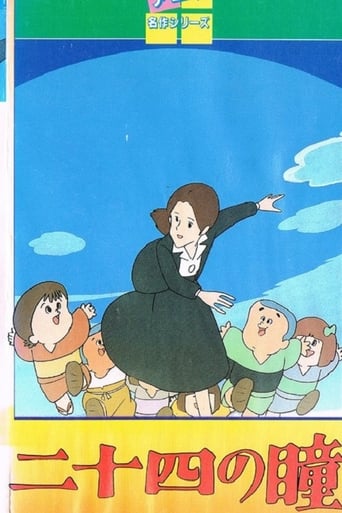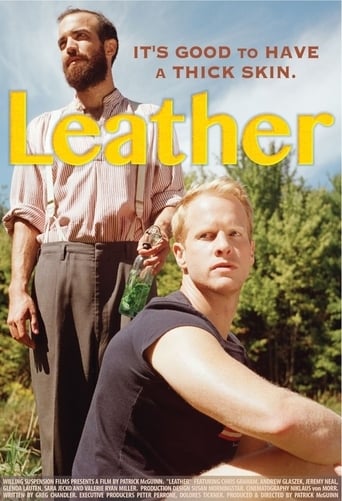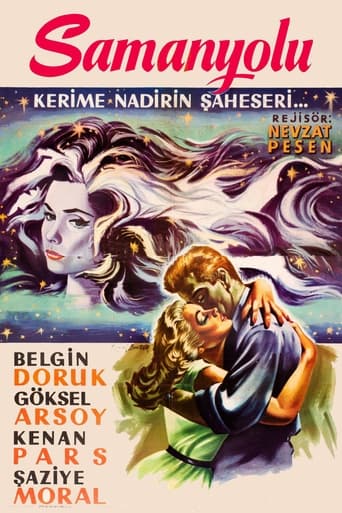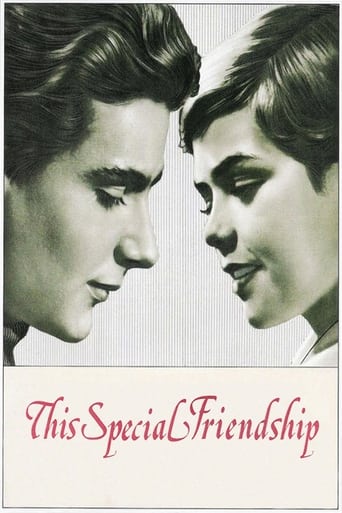
This Special Friendship (1964)
A tale of the tender relationship between a twelve-year-old boy and the fourteen-year-old upperclassman who is the object of his desire, all set within the rigid atmosphere of a Jesuit-run school.
- Jean Delannoy
- Jean Aurenche
- Pierre Bost
- Roger Peyrefitte
Rating: 8/10 by 73 users
Alternative Title:
Heimliche Freundschaften - AT
As Amizades Particulares - BR
悲しみの天使 - JP
Særlige venskaber - DK
Heimliche Freundschaften - DE
Különös barátság - HU
Le amicizie particolari - IT
Szczególna przyjaźń - PL
Странная дружба - RU
Vänskap av särskild sort - SE
Country:
France
Language:
Français
Runtime: 01 hour 36 minutes
Budget: $0
Revenue: $0
Plot Keyword: based on novel or book, male homosexuality, attraction, lgbt, boys' school, jesuits (society of jesus), same sex attraction, gay theme
As love stories go, this has to be one of the more touching I've seen on film. Set amidst the controlling but not oppressive environment of a Jesuit run school, we meet the young "Comte Georges" (Francis Lacombrade) who develops a friendship with the younger "Alexandre (Didier Haudepin). Now it's not in any way a sexual or predatory relationship, but the two instantly click with the younger lad clearly infatuated with his older friend who sees in "Alexandre" an opportunity to nurture a genuine love and affection. Naturally, the fathers take a fairly dim view of any friendship that suggests even the most platonic degree of intimacies between the boys, and so "Fr. Superior" (Lucien Nat) attempts to put a stop to things by threatening to send "George" away from the school. What now ensues are a series of decisions to be faced by people too young and immature to fully comprehend, let alone, rationalise - and a tragic denouement starts to look increasingly likely as young "Alexandre" really does come across more and more as a "lost sheep". What struck me about this is it's positivity. It's not about abusive priests with canes and excessive doctrine - the Father Superior comes across as a decent man genuinely concerned with the souls of his charges, whilst the two - especially the thoroughly charming Haudepin - just engage as two people whom you could image being friends forever. It has moments of poignancy, of disappointment and of fun - and although maybe it could have taken a bit longer to build the characters more, it is still a potent look at two boys in love - forbidden yet thriving.

